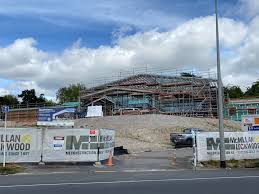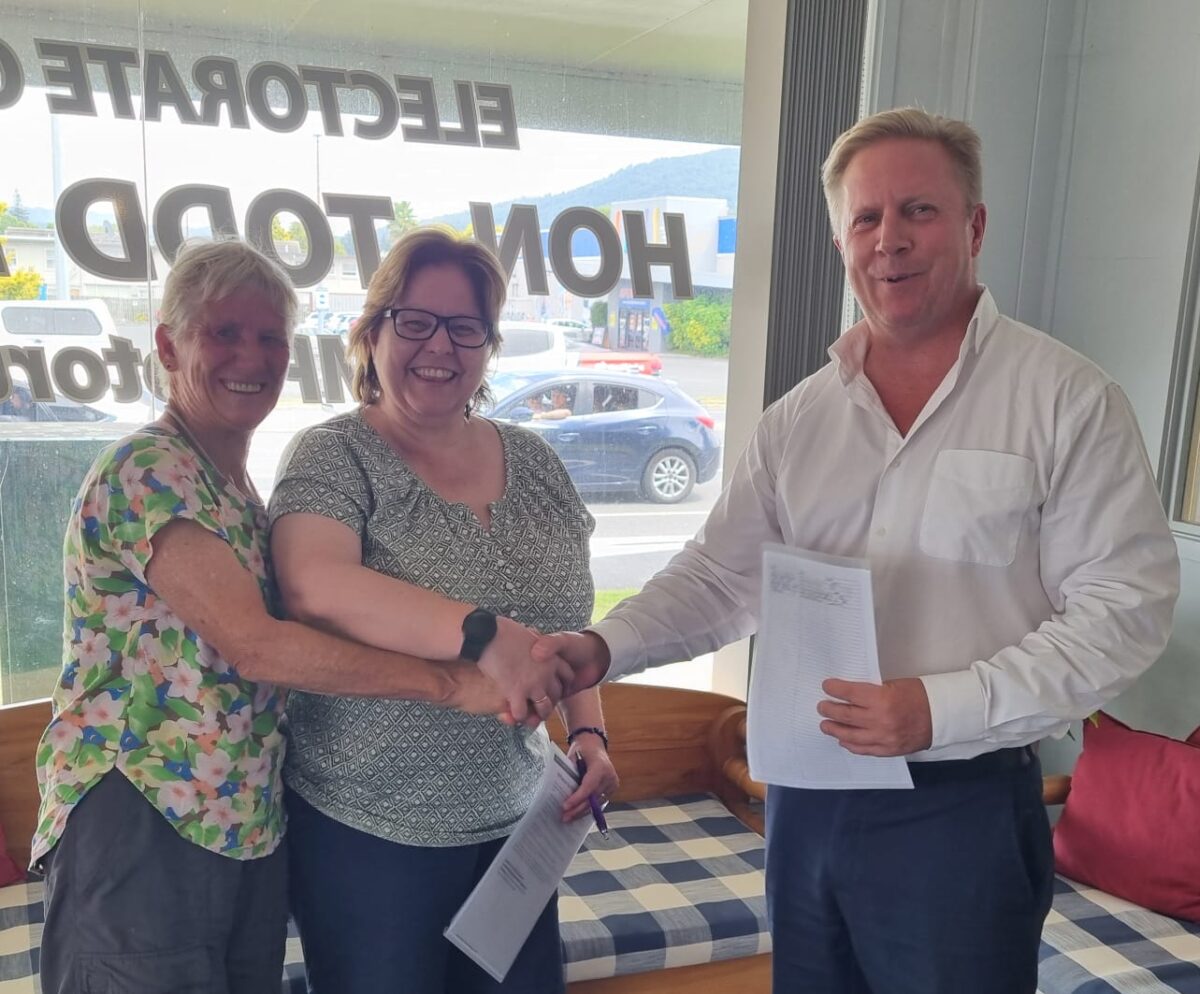At a meeting earlier this month with our local Rotorua MP Todd McClay to discuss health issues in our community, we raised our concerns about increasing levels of violence faced by nurses, particularly in mental health.
Just last month, a community mental health nurse was attacked while on an after-hours callout. That has impacted hugely on the mental health team. Since then, several staff have left Te Whatu Ora Lakes due to rising levels of aggression, higher workloads and lack of support for health-care workers.
We also highlighted the impact the Police decision to withdraw from mental health-related emergency calls unless there was immediate threat of harm or to life, would have on our workers in hospitals and the community — particularly the acute mental health crisis team.
In Rotorua, without extra resourcing our crisis response team has been struggling to meet the six-hour target set last year by Minister for Mental Health Matt Doocey for people who come to emergency departments (EDs) needing mental health and addiction support. We are seeing more and more such presentations both in EDs, and the community.
Our mental health facilities are also well below standard. The new hospital mental health inpatient unit, as well as being hit with delays, will have a similar number of inpatient beds as before, even though the need becomes greater every year.

We discussed long delays in accessing cancer and cardiac treatments in the Waikato region, compared to the rest of the country, and the impact this was having on our members’ whānau.
We also raised our concerns about unsafe staffing and shared with him our local petition expressing this, signed by members during our nationwide strikes late last year.
We told McClay about our safe staffing tool CCDM (care capacity demand management) and how its recent pause in calculations by Te Whatu Ora had caused delays in getting enough workers on the floor. That meant there were shifts that were below safe staffing targets.
We told the minister how this affects patient care and can cause avoidable harm to them.
We also shared our concerns about our new graduates finding work at Te Whatu Ora — but also us senior nurses having the resources to support and develop them — especially in mental health with our high workloads and lack of nurse educators and clinical coaches.
We need to review these pathways and ensure we have better support systems to keep and grow our own nurses — this must be at the forefront of all initiatives and workforce plans from our Government.
We are grateful Minister McClay gave us enough time — beyond the expected 20 minutes — to discuss all these issues and assured us he would pass our concerns onto the Minister for Health.
We will also be writing to the new Minister of Health Simeon Brown to ask for a meeting when he comes to Rotorua this year.
- Lyn Logan is a Rotorua emergency nurse, NZNO delegate and member of the Te Whatu Ora — NZNO bargaining team. Te Whatu Ora members are lobbying their local MPs as part of NZNO’s collective bargaining campaign.




